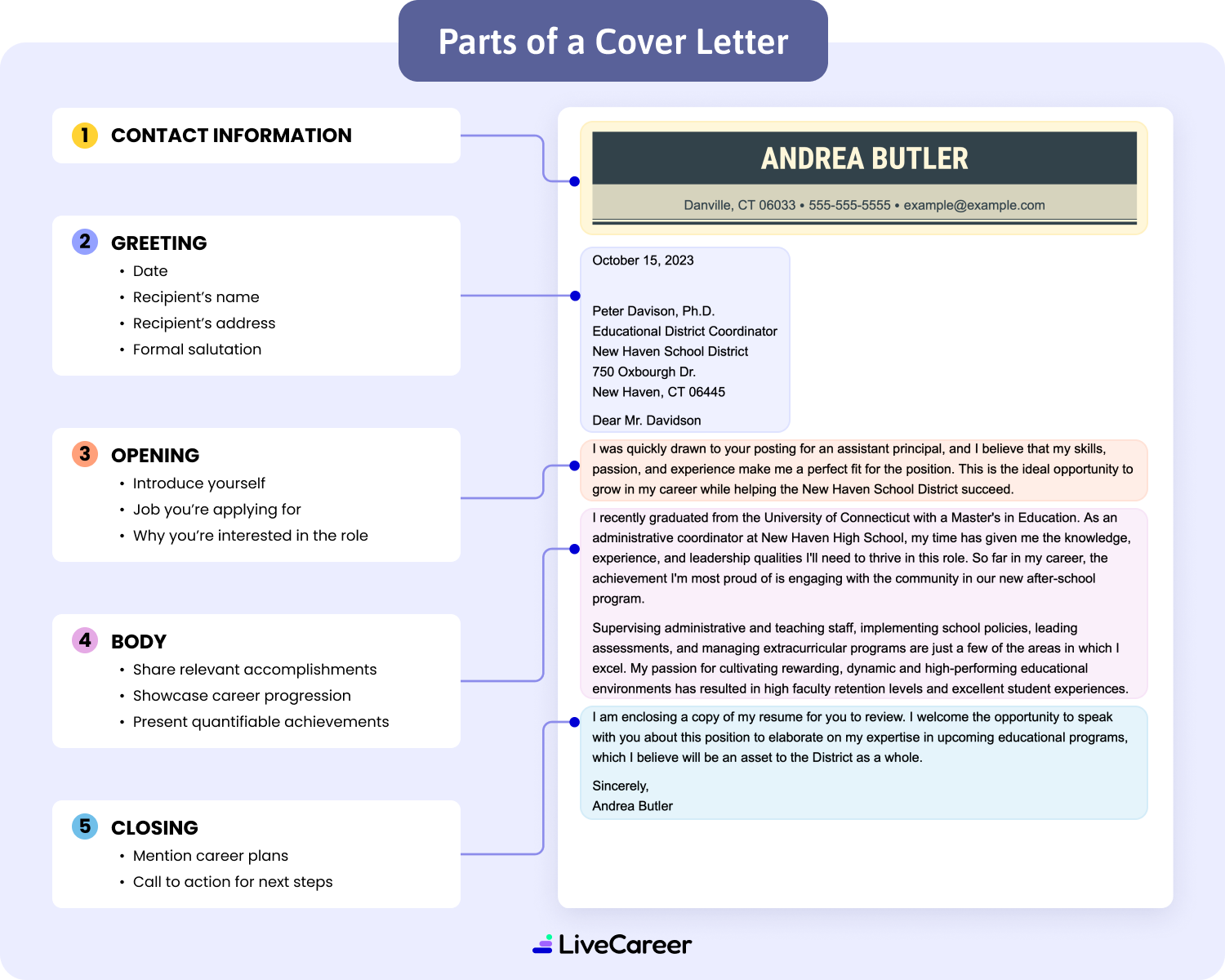Free Assistant Manager Cover Letter Example
This cover letter template includes clear instructions on what to include in each section. Download it for free and personalize it by filling in the blanks with your details.
Your name
[City, State ZIP Code]
[Your Email Address]
[Your Phone Number]
[Today’s Date]
[Hiring Manager’s Name]
[Company Name]
[OPTIONAL: Department Name]
[Company Address]
[City, State ZIP Code]
Dear [Mr./Ms. Hiring Manager or Recruiter last name],
This section is your opener and should contain your ‘purpose’ or interest statement that explains why you would be interested in the job posting or the company. Make sure to reference keywords and statements from the job description.
This section is your opener and should contain your ‘purpose’ or interest statement that explains why you would be interested in the job posting or the company. Make sure to reference keywords and statements from the job description.
The body paragraph (s): should contain skills and qualifications related to the job, i.e., provide a narrative example of how your job-related skills were obtained/honed. Your goal here is to match the skills to the employer’s needs. Justify how your career experiences could fit into the position and the organization.
The end paragraph: is the closer that would signify a ‘call to action’ by reiterating an essential qualification for the position you possess and an appreciation for the employer’s consideration.
Closing statement: Thank the employer/recruiter for their time.
Sincerely,
— Your Full Name
If you want to make it more presentable, check out our professional cover letter templates, which include more than a dozen customizable job-appropriate designs.
Build a Strong Assistant Manager Cover Letter in Minutes
Pick a professional template.
Our builder will tailor your letter to the desired role once we know your details.
Choose the text suggestions that match your qualifications.
The builder features professionally written content and keywords that you can select.
Download and send to employers.
Save and send it as a PDF, Word DOC, or any other format the employer wants.
How to Write a Assistant Manager Cover Letter
Tackle the writing process with confidence with the help of this detailed guide for writing a cover letter for a assistant manager role. The following cover letter sample will show you the key sections you must include and the proper formatting.

Now that you've got an idea of the cover letter basics let's dive into the details of optimizing your letter to land a specific role.
Step 1
Format your cover letter’s header correctly
Every assistant manager cover letter should include a header that follows the standard business letter format. Include the date, the recipient's name and info and a formal greeting.
May 09, 2025
Michael Johnson
Hiring Manager
GreenTech Solutions
1234 Innovation Drive
Austin, TX 78759
Dear Mr. Johnson,
Date: 13/33/2023
To whoever it may consern,
Geroge Anderson
Assitant Maanager Applicant
gerogeAndersongmail.com
(123) 555-0198
Target Comployers
1234 Buisness Aveneue
Wonderville, ZZ 98765
Addressing your letter's recipient by name is a sure way to show your attention to detail. Avoid generic greetings such as “To Whom It May Concern.“ Check out more appropriate greeting options in our guide for addressing a cover letter without a name.
STEP 2
Introduce yourself in the opening paragraph
Introduce yourself to employers in the first paragraph of your cover letter by sharing characteristics like your current profession, key skills or any other relevant qualification. Aim to sound authentic when stating your interest in the assistant manager position.
As a project coordinator with 5 years of experience in the retail industry, I am excited to apply for the assistant manager position at Trendsetters Retail Group. My background in managing project timelines has prepared me for this role, particularly through my experience coordinating cross-functional teams. Recently, I increased team efficiency by 30% through streamlining communication processes.
Hi, hope you're well. I'm reaching out about the Assistant Manager gig at Steele Enterprises. I know a bunch of stuff in management and think I'd do a good job there.
If a current employee has referred you for the position, mentioning it here can make a big difference. Check out our article on referral cover letter openings for examples of how to do this effectively.
STEP 3
Share relevant achievements in the body paragraph
Your cover letter's body paragraph will comprise the bulk of your document and should focus on quantifiable achievements and additional key skills. You can also get more personal with this section and show employers your passion for the job or career goals.
In my previous role as an assistant manager, I spearheaded a project that streamlined operations, resulting in a 15% increase in productivity and cutting costs by 10%. My ability to effectively communicate with team members and solve problems under pressure proved pivotal in navigating complex challenges. I consistently exceeded targets, demonstrating my leadership and strategic planning skills. I'm eager to bring these strengths to your team to drive growth and efficiency in your organization.
I am applying for an assistant manager position because I want a stable job that suits my skills. I don't have much management experience, but I’m open to learning new things. I haven't directly supervised before, but I believe I can adapt to the role quickly. I hope I can be trusted to do well.
STEP 4
Finish by encouraging next steps
Finally, include a closing paragraph summarizing your best professional attributes and a call to action for a future interview. Sign your letter with an appropriate sign-off phrase and your name.
I am eager to bring my proven leadership skills and experience in team management to your organization at Bergman Retail Solutions. My ability to foster collaboration and drive results makes me an ideal candidate for the Assistant Manager position. Thank you for considering my application; I am enthusiastic about the opportunity to further discuss my qualifications.
Sincerely,
Michael Alvarez
Thank you for considering my application for the assistant manager position. I appreciate the opportunity to apply and hope to contribute to your team. I'm excited to potentially learn more about the role and company. Please feel free to reach out if you have questions or need more info.
Best,
Angela
After completing this step-by-step guide, you'll be able to write a compelling cover letter for any assistant manager role. However, don't waste your time with word processors like Word or Google Docs; take advantage of the pre-formatted cover letter templates and content suggestions our Cover Letter Builder offers. You'll be able to create a custom cover letter in minutes!
Top Skills to Include in Cover Letter Examples for Assistant Manager
The cover letter is a great place to include more required skills that show you're the ideal candidate for the assistant manager role you want. Share an equal mix of hard skills and soft skills to demonstrate you're a well-rounded candidate.
- Team Leadership
- Financial Analysis
- Project Coordination
- Conflict Resolution
- Budget Management
- Performance Evaluation
- Customer Relationship Management
- Data Interpretation
- Cross-Functional Collaboration
- Regulatory Compliance
- Process Improvement
- Stakeholder Engagement
If you want to avoid bad writer's block, check out our Cover Letter Builder. Instead of facing a blank page for hours, our Builder will suggest dozens of content ideas for your letter based on your target job title.













